Farmers tend to worry when experts start talking about animal welfare. It bothers us because there are so many people who try and attribute a human personality to animals and therefore want to make very intense rules and regulations regarding how we may handle them. However, it is still important to look at the other side of the issue and make sure you are doing what is right – and what consumers require.
Author and veterinarian dr James Herriot wrote a book entitled If only they could talk. Of course animals can talk. They communicate with us through wellness, we just need to learn how to understand the language and listen to it.
Worldwide, the Five Freedoms of Animals are recognised as the foundation of animal welfare:
- freedom from hunger and thirst;
- freedom from discomfort;
- freedom from pain, injuries, and illness;
- freedom to act naturally; and
- freedom from fear.
In 1994, prof. David Mellor and dr Cam Reid further refined the five domains and described them as five areas that people can focus on and that are comprehensive for animal welfare: nutrition, environment, health, behavior – and all are summed up in the fifth domain: mental well-being. Figure 1 shows each domain with examples of the factors that people should give attention to, as well as the negative effects that each domain has on the mental well-being of animals.
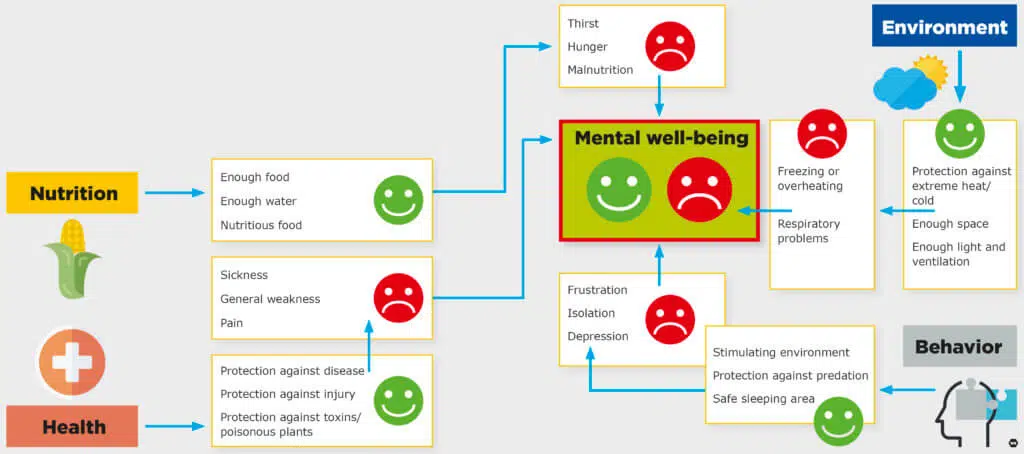
Anri Strauss is a scientific adviser in the ruminant team at Chemuniqué, holding a master’s degree in nutrition from the University of Pretoria. She grew up on a farm and still lives in the Free State, where she and her husband also farm with Boer goats.
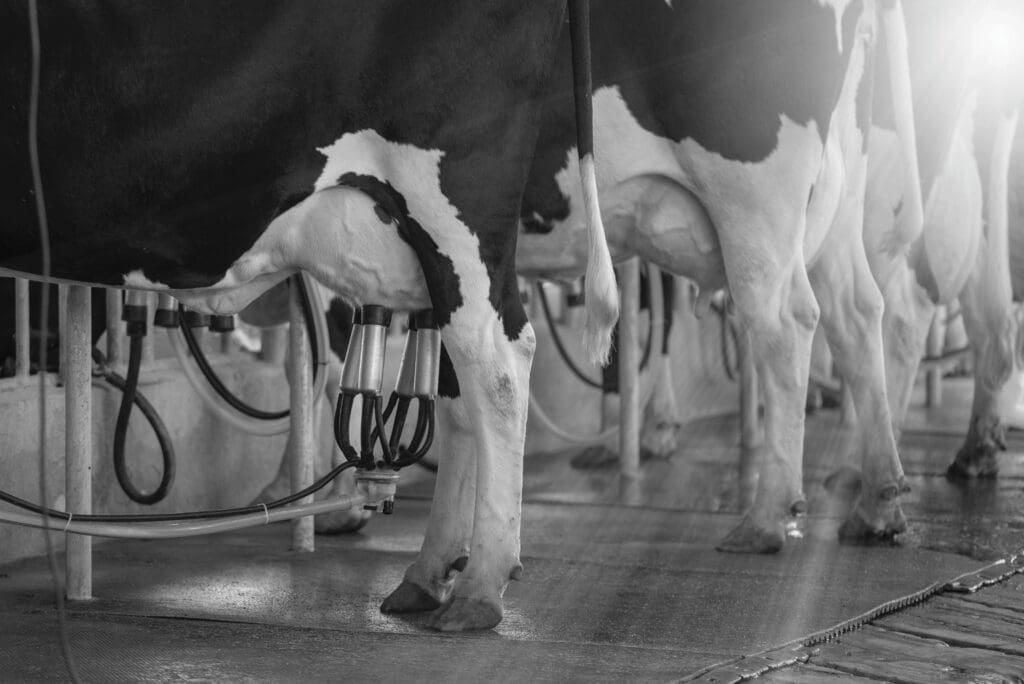


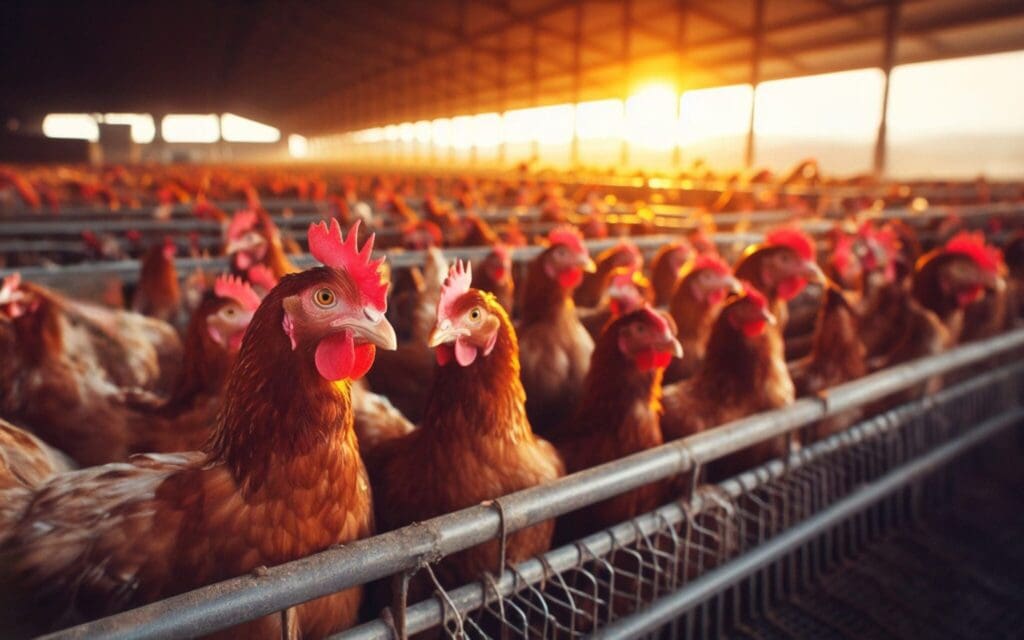
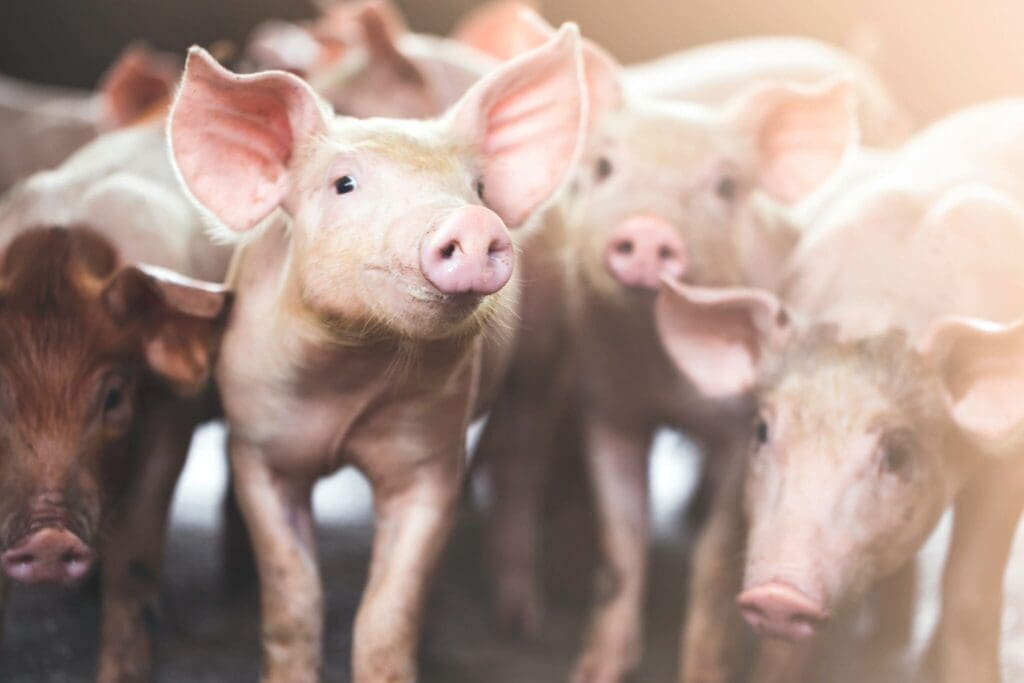
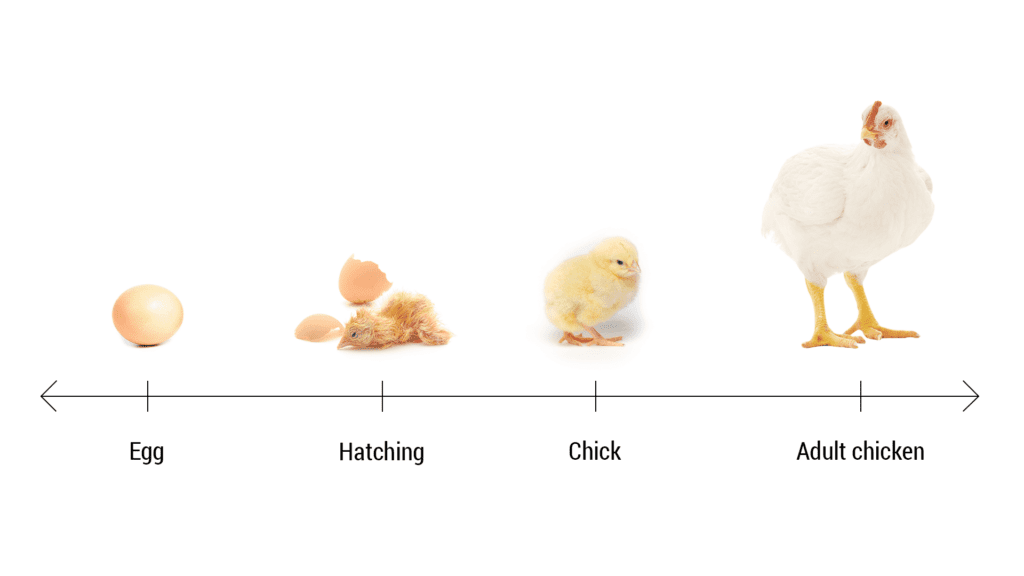

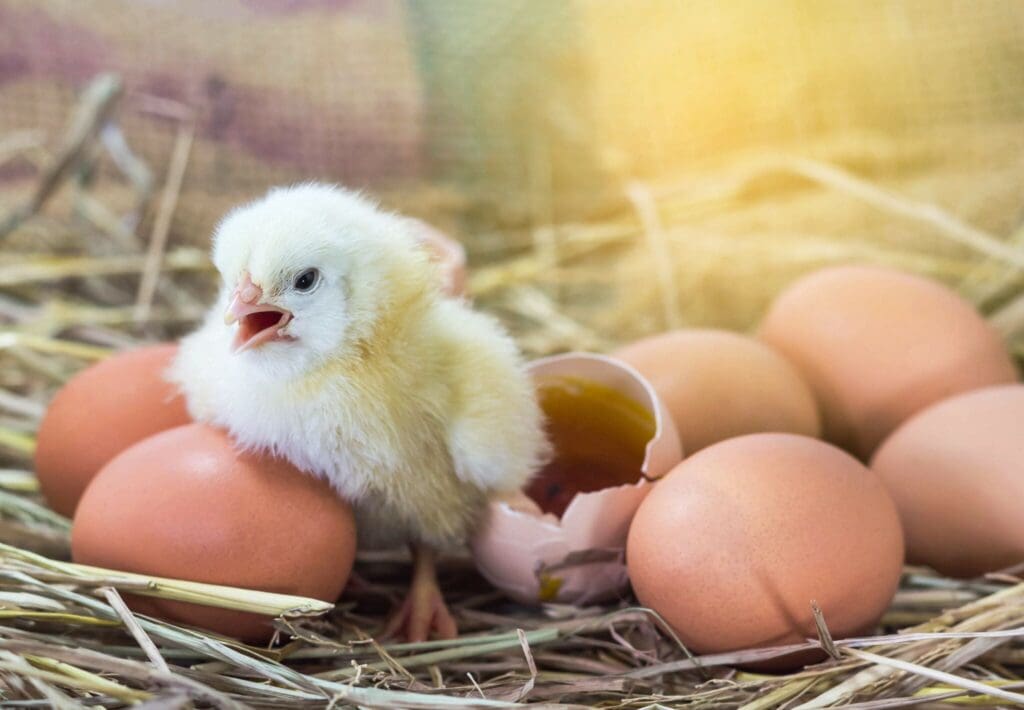

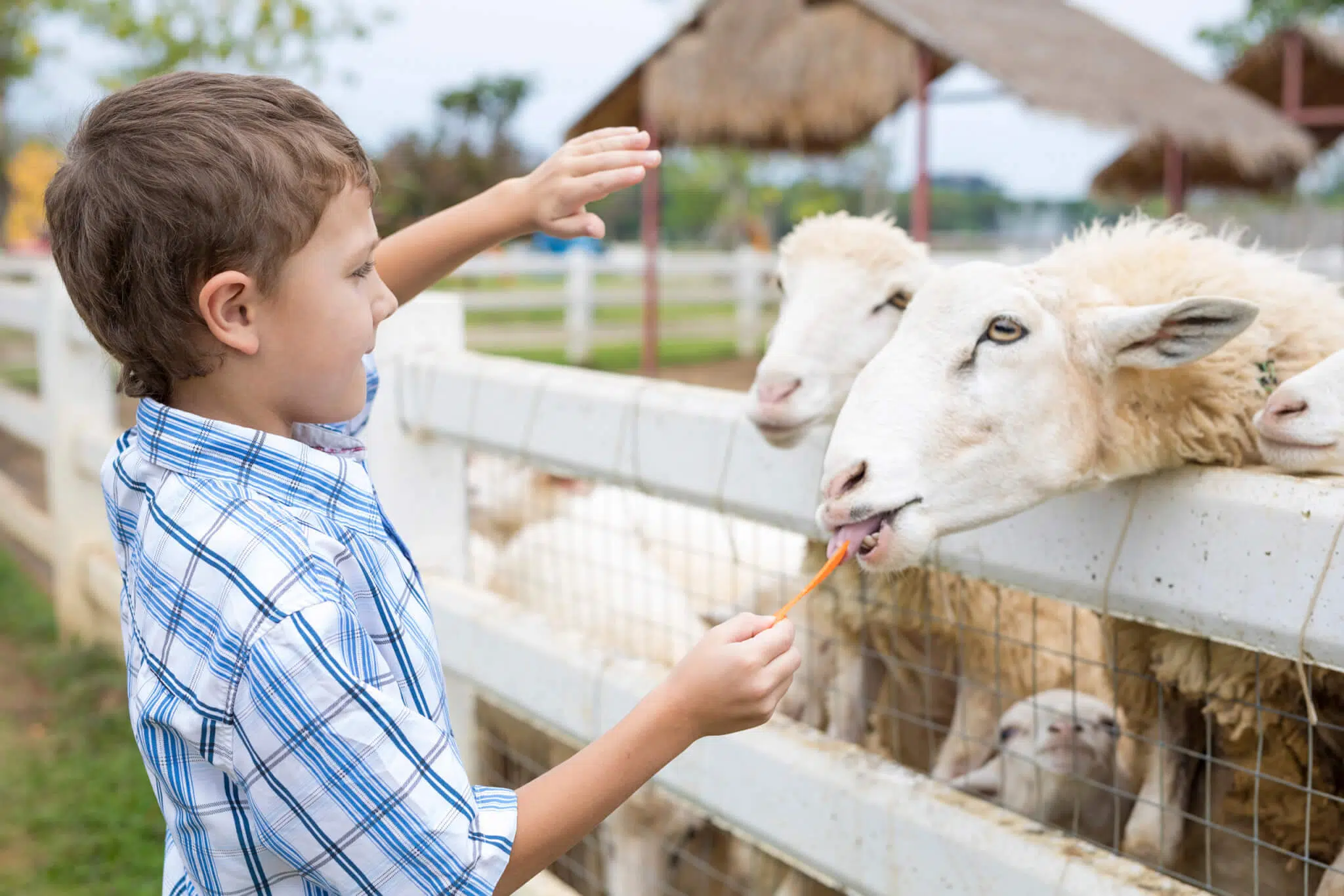

Super, relevant article, Anri, well done.